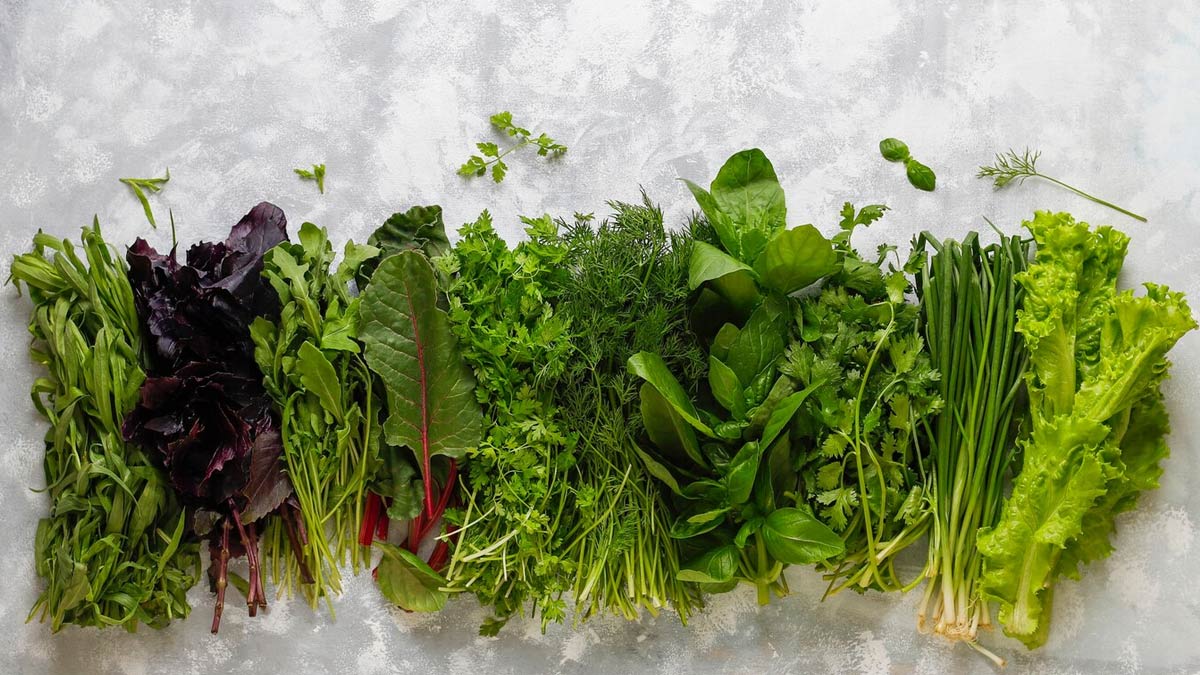-1752562816608.webp)
As you grow older, your body naturally loses muscle mass, a condition known as sarcopenia. This process typically starts around your 30s and can worsen after the age of 60, especially if you're not physically active or lacking proper nutrition. Weak muscles can lead to poor balance, fatigue, and a higher risk of falls and injury. But the good news is that the right diet can help preserve muscle strength, boost mobility, and promote healthy ageing.
Table of Content:-
Here are the top 10 muscle-friendly foods you should include in your diet as you age.
Eggs
-1752563645245.jpg)
Eggs are a powerhouse of high-quality protein and rich in leucine, an amino acid important for muscle repair and growth. They also provide vitamin D and B12 nutrients, which are often lacking in older adults. Experts believe one whole egg a day is safe and beneficial for most people, even those concerned about cholesterol.
Also Read: Can A 6 Months Old Baby Eat Eggs? Find Out Here
Greek Yoghurt
Greek yoghurt contains twice as much protein as regular yoghurt, making it ideal for muscle maintenance. It’s also a great source of calcium, which helps support bone health alongside your muscles. But while yoghurts are great for health, ensure that you choose plain, unsweetened options and add fruit or a drizzle of honey for taste.
Salmon
-1752563655971.jpg)
Fatty fish like salmon are rich in omega-3 fatty acids, which have anti-inflammatory properties that can reduce muscle loss. It also delivers a generous amount of protein and vitamin D. For non-vegetarians and pescatarians, salmon or other fatty fish like mackerel or sardines are great foods to eat at least twice a week.
Lentils And Beans
If you're a vegetarian, then plant-based proteins like lentils and beans are excellent for muscle support. They also provide fibre, iron, and potassium, all essential for muscle function. The good thing about them is that they're versatile. Add them to soups, salads, or stir-fries to boost both protein and fibre intake.
Chicken Breast
-1752563668466.jpg)
Another non-vegetarian complete protein source, chicken breasts are great for rebuilding and maintaining muscle tissue. It’s also low in saturated fat, which makes it a heart-healthy option. You can either grill or bake instead of frying to keep it healthy.
Also Read: Chicken Breast Or A Leg Piece? Which One Is More Healthy
Cottage Cheese
Cottage cheese is packed with casein, a slow-digesting protein that’s ideal for muscle recovery, especially overnight. In fact, research suggests that consuming around 40–48 grams of casein protein about 30 minutes before sleep may support muscle recovery after evening workouts. It also contains calcium and phosphorus for bone-muscle synergy.
Nuts And Seeds
-1752563196575.jpg)
Almonds, walnuts, chia seeds, and flaxseeds are full of healthy fats, protein, and magnesium, a mineral that plays a role in muscle contraction and recovery. For those looking to lose weight, you can also snack on these tiny superfoods to see quick results.
Tofu
If you are lactose intolerant or do not like dairy products, then tofu makes for a great plant-based protein. It is rich in iron and calcium and contains all nine essential amino acids. It’s especially useful for vegetarians and vegans looking to maintain muscle mass.
Leafy Greens

Spinach, kale, and other dark leafy greens are high in magnesium, iron, and antioxidants, all of which help fight oxidative stress that can affect muscle health as you age. These are also high in fibre, which helps improve your digestive health.
Milk or Fortified Plant Milks
Milk is an easy source of protein, calcium, and vitamin D, all crucial for muscle and bone strength. Fortified plant milks, like soy or almond milk, can also offer similar benefits. It is best to choose low-fat or unsweetened varieties for maximum benefit.
Also Read: Can Pumpkin Seeds Help Build Muscle? Expert Insights on Plant-Based Protein Power
Conclusion
Maintaining muscle mass as you age doesn’t just depend on exercise; nutrition plays an equally important role. Including these muscle-supporting foods in your daily routine, combined with strength training and physical activity, can go a long way in helping you stay strong, mobile, and independent well into your later years.
Also watch this video
How we keep this article up to date:
We work with experts and keep a close eye on the latest in health and wellness. Whenever there is a new research or helpful information, we update our articles with accurate and useful advice.
Current Version